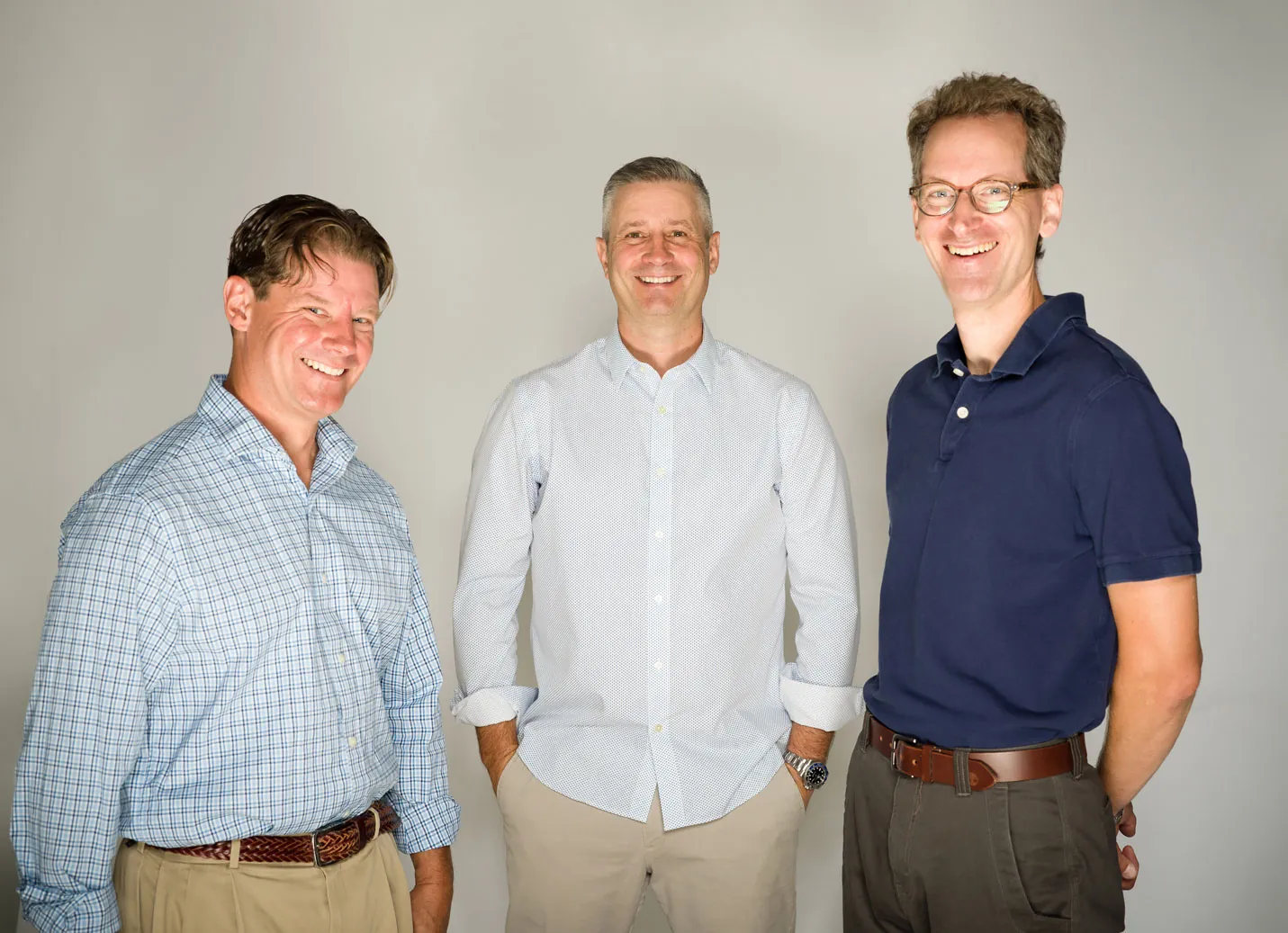Leslie Nash is Program Director for technology-to-market programming at the Massachusetts Clean Energy Center, a state economic development agency dedicated to accelerating the growth of the clean energy sector across the Commonwealth. A former environmental educator, Leslie is passionate about the climate, and she told us a bit about her work and how MassCEC supports climate technology entrepreneurs.
Q: Tell me about the Massachusetts Clean Energy Center. What are its goals, what programs does it offer, and what’s new and cool?
A: MassCEC’s mission is to accelerate the clean energy and climate solution innovation that is critical to meeting the Commonwealth’s climate goals, while advancing Massachusetts’ position as an international climate leader and growing the state’s clean energy economy. We’re a quasi-government agency that guides the state’s clean energy economy growth and development. We’re also tasked with accelerating clean energy development.
I sit on the innovation team, supporting early-stage entrepreneurs and researchers developing new technologies to meet our climate goals. We also have a workforce development team, an investments team, and then a market development team focusing on knocking down barriers for existing technologies.
Q: What brings you to this work?
A: My first career was as an environmental educator. I loved being outside all the time, sharing my passion for the natural world. I eventually got my MBA in energy and sustainability, and then joined MassCEC a little over 8 years ago.
Q: What are you working on right now?
A: Lately, I’m working on developing a new Innovation Center focused on offshore wind and ocean renewable energy. It’s really exciting. Additionally, my team funds many cool startups, around 50 a year across three grant programs. MassCEC also currently funds over 20 different grant programs, including financing for early-stage companies and technology development, pilots for the decarbonization of buildings, transportation, and the grid, and investments in training to build a skilled, diverse clean energy workforce.
Q: What brings clean energy entrepreneurs into this kind of startup development?
A: They typically fall into two buckets. One is mission-driven founders and entrepreneurs who care deeply about saving the planet and saw a climate problem they wanted to solve. The other includes those who got into clean energy somewhat by accident, directed by their technical background, funding, mentors, or investors. They both have different perspectives, but they are all working to help decarbonize our economy and make a difference in the world.




